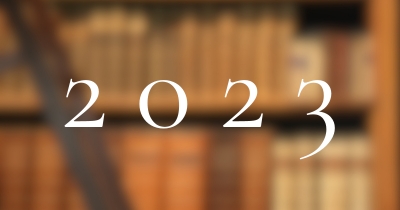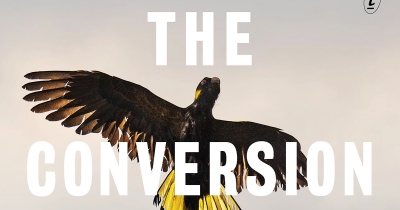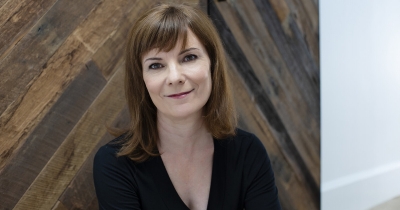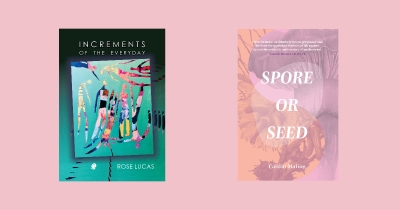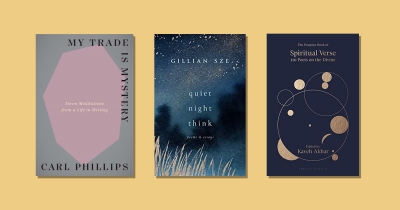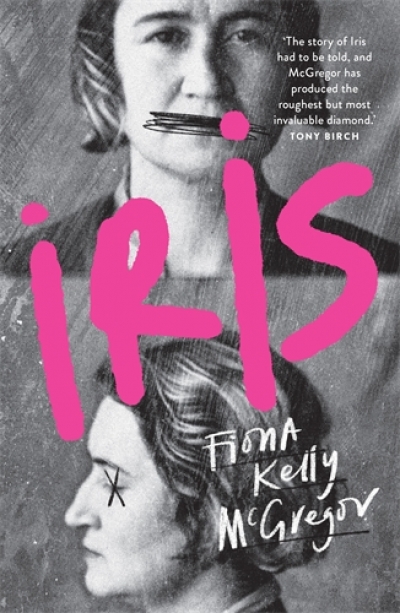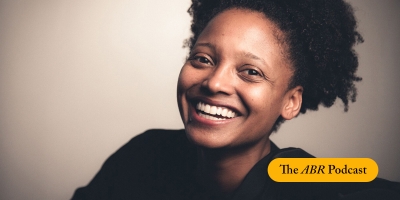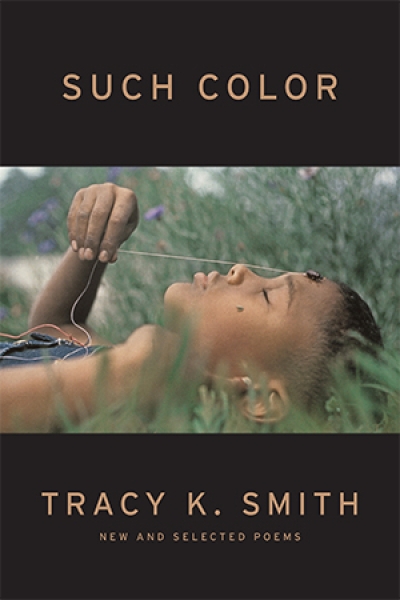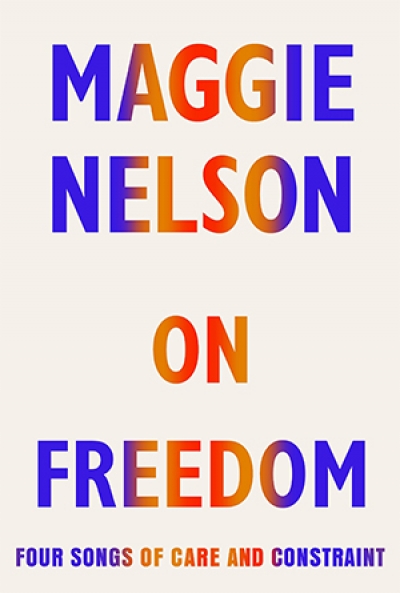Felicity Plunkett
What the authors of these three wildly different books share is a gift for creating through language a kind of intimacy of presence, as though they were in the room with you. Emily Wilson’s much-awaited translation of The Iliad (W.W. Norton & Company) is a gorgeous, hefty hardback with substantial authorial commentary that manages to be both scholarly and engaging. The poem is translated into effortless-looking blank verse that reads like music. The Running Grave (Sphere) by Robert Galbraith (aka J.K. Rowling), the seventh novel in the Cormoran Strike crime series and one of the best so far, features Rowling’s gift for the creation of memorable characters and a cracking plot about a toxic religious cult. Charlotte Wood’s Stone Yard Devotional (Allen & Unwin, reviewed in this issue of ABR) lingers in the reader’s mind, with the haunting grammar of its title, the restrained artistry of its structure, and the elusive way that it explores modes of memory, grief, and regret.
... (read more)Felicity Plunkett is a poet and critic. Her books are A Kinder Sea, Seastrands, Vanishing Point, and the anthology Thirty Australian Poets (as editor). Her recent essays are ‘Plath Traps’ for the Sydney Review of Books and ‘Strange Territory: Poems as “gifts to the attentive”’ for Australian Book Review. She was an ABR Fellow in 2015 and 2019.
... (read more)Spore or Seed by Caitlin Maling & Increments of the Everyday by Rose Lucas
My Trade Is Mystery by Carl Philips & The Penguin Book of Spiritual Verse edited by Kaveh Akbar
Again, death rolled towards / my daughter and me. Again / its grim, slow prowl and sudden / bulk. Again, human misery / veered from its lane.
... (read more)American poet Tracy K. Smith was the twenty-second Poet Laureate of the United States, and winner of the Pulitzer Prize for Poetry for her 2011 volume Life on Mars. Such Color is a collection of her best poems from her wide-ranging career, before culminating in a selection of newly published poems. In Felicity Plunkett’s review, she considers the breadth of Smith’s oeuvre and the undercurrent of water throughout, writing: ‘Smith’s image of creative marine energy recalls Sylvia Plath’s image of words’ “indefatigable hooftaps”, echoing as they carry meaning outwards. In Plath’s case, as in Smith’s, one direction is seawards.’
... (read more)
